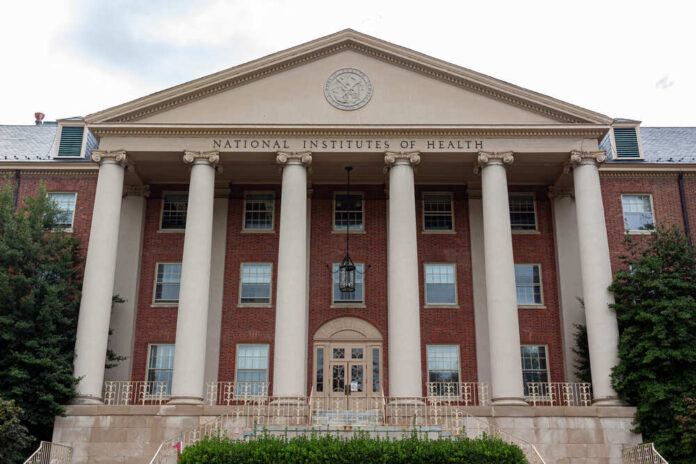
An explosive new report from the HHS Office of Inspector General blasted the National Institutes of Health (NIH) for knowing of potential risks from research it funded that was undertaken in China. Federal grant money, the report charged, was not properly monitored for safety compliance.
The NIH has long provided taxpayer funding to the EcoHealth Alliance. In turn, EcoHealth used these federal dollars to support dangerous and controversial gain-of-function research. And many of these studies were implemented by foreign groups.
Such as, for example, the Wuhan Institute of Virology’s coronavirus research that many suspect unleashed the COVID-19 pandemic that killed tens of millions worldwide.
The Inspector General’s report found the medical research agency failed to ascertain whether testing at the Wuhan facility involved dangerous pathogens capable of igniting a global pandemic.
The lawmakers say greater accountability is needed at NIH after revelations it provided grants to the EcoHealth Alliance, which was studying coronavirus transmission with the Wuhan Institute of Virology before the COVID-19 outbreak. https://t.co/4sAy0RFnKx
— The Washington Times (@WashTimes) January 26, 2023
The audit examined three grants to EcoHealth, operated by British scientist Peter Daszak, from 2014 to 2021. It determined that both EcoHealth and the NIH did not “understand the nature of the research conducted, identify potential problem areas, and take corrective action.”
The report said that if the NIH had exercised proper oversight, “more timely corrective actions” may have been possible to lower the risks involved in this field of research.
Of course, early proponents of the Wuhan lab leak theory were demonized for being “conspiracy theorists” and “xenophobic.”
That attitude has rapidly changed.
More and more scientists are adding credibility to the belief that COVID-19 may have been unleashed through an accident at the Wuhan research facility. It may not be a coincidence that the site is under 10 miles from the animal slaughter market where the first human cluster of cases originated.
Many points towards the unique spike protein found in the coronavirus as proof of human engineering. Others, however, cite evidence that COVID-19 made the jump from animals to humans, likely at that same market where disease-carrying animals were kept in unsanitary conditions.
Wherever the origin is ultimately determined to be, what is known is that EcoHealth was granted $8 million in taxpayer funds between 2014 and 2021. Some of that money went to the Wuhan facility, and the government’s own watchdog said it was not properly monitored.














